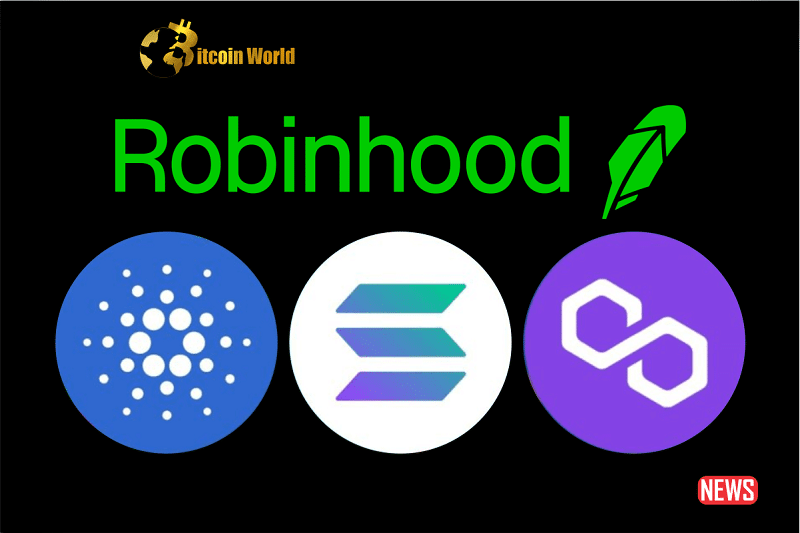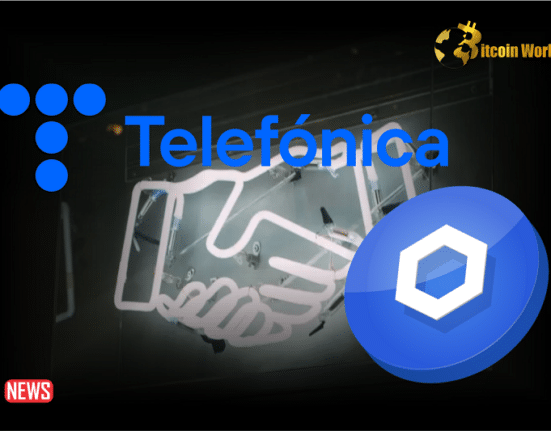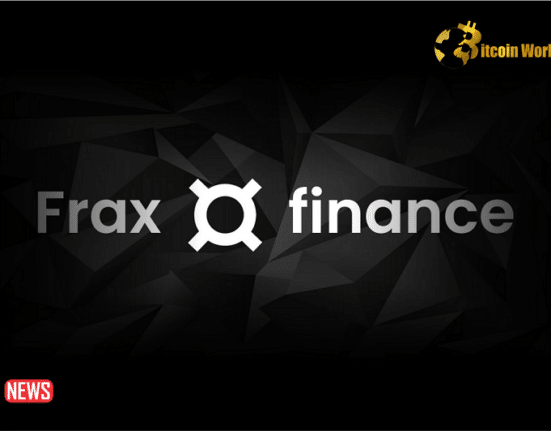In a surprising move, Robinhood, the US-based trading firm known for its foray into cryptocurrencies, recently announced the delisting of three prominent tokens: Solana (SOL), Cardano (ADA), and Polygon (MATIC). The decision came shortly after the Securities and Exchange Commission (SEC) filed lawsuits against two major players in the crypto industry, labeling these tokens as securities. Citing the SEC’s claims as the primary reason for the delisting, Robinhood expressed concerns over the uncertainty surrounding these assets and their impact on their users. This article provides a comprehensive overview of the delisting, its implications for Robinhood users, and the response from the respective project teams.
Robinhood’s Delisting and User Impact:
Robinhood has set June 27th, 2023, at 6:59 PM ET as the SOL, ADA, and MATIC deadline for ending support. Any remaining tokens held in users’ Robinhood Crypto accounts after this deadline will be sold at their market value. The proceeds from the sales will be credited to users’ Robinhood buying power. Importantly, Robinhood clarified that no other coins would be affected by this delisting, ensuring users can continue buying, selling, and holding other cryptocurrencies without disruption.
Statement from Robinhood:
In their official statement, Robinhood emphasized that users could continue engaging with ADA, MATIC, and SOL until the deadline. Moreover, they highlighted that users would still be able to transfer these tokens until June 27th, 2023. It should be noted that residents of Hawaii, Nevada, and New York have specific restrictions on buying and transferring ADA, MATIC, and SOL, as per local regulations.
Response from Project Teams:
The development teams behind Polygon, Solana, and Cardano have disputed the SEC’s classification of their tokens as securities. They firmly reject the claims made by the regulatory authority. This indicates that the delisting decision by Robinhood may have been influenced by the ongoing scrutiny of the SEC, particularly regarding the activities of leading exchanges like Binance and Coinbase.
Robinhood’s Legal Challenges:
Robinhood’s Chief Legal Officer, Dan Gallagher, revealed that the company has been actively reviewing tokens following the SEC’s analysis. During his testimony before the House Agriculture Committee, Gallagher, a former SEC Commissioner, stated that Robinhood had pursued a 16-month registration process with the agency to operate as a special-purpose broker for digital assets. However, the SEC staff informed Robinhood in March that their efforts were in vain and would not yield the desired outcome.
Coinbase’s Similar Experience:
Coinbase’s Chief Legal Officer, Paul Grewal, shared a similar sentiment, accusing the SEC of dismissing the platform’s registration attempts without providing any response or alternative proposals. This parallel underscores the challenges companies face seeking to comply with regulatory requirements and engage in the cryptocurrency market.
Robinhood’s decision to delist Solana (SOL), Cardano (ADA), and Polygon (MATIC) in response to the SEC’s labeling of these tokens as securities have raised eyebrows within the crypto community. As the deadline approaches, users of the Robinhood platform are advised to take necessary actions with their holdings of SOL, ADA, and MATIC. While the projects behind these tokens contest the SEC’s classification, the delisting serves as a reminder of the evolving regulatory landscape in the crypto industry and the challenges companies seek compliance to face.















